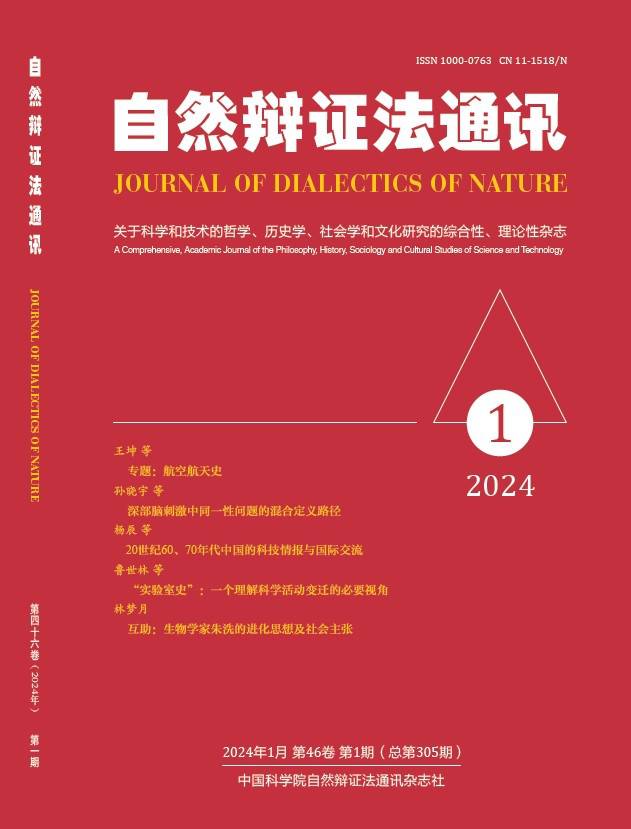

the phase of “manufacturing knowledge”, in which scientific societies introduced experiments into the nascent scientific community in the 17th century and laboratories have taken on significant importance in the generation of new scientific knowledge; the phase of “applied science”, in which the establishment of the capitalist mode of production and its need to pursue the global market became an important reason for the development of laboratories, and the dissemination of scientific production training encouraged the interactions between laboratories and the advancement of the society and economy; and the phase of “fostering innovation”, in which the two world wars, as well as the rivalry between the USA and the USSR since the 20th century, has converted the laboratory into a “secret weapon” for nations competing for international dominance, and the success of important basic research and the development of new science has encouraged top research institutions to establish world-class national laboratories. By reviewing the development history of laboratory, we can learn from the study that China needs to invest more in the creation of national laboratories, improve the management system for laboratories and the mechanism for evaluating research, and focus on student cultivation and scientific research training.
Key Words: Original innovation; Basic research; Laboratory; Experiment
- Contact Us
- Address: No.19A Yuquan Road, Beijing, 100049, China
- Phone: +86-10-88256007
- Email:jdn@ucas.ac.cn




